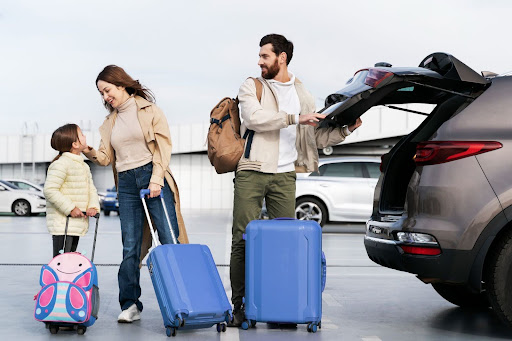Travel provides unparalleled learning opportunities exceeding classroom capabilities. Exposure to geography, history, culture, language, and social skills happens naturally through experiences. Maximizing educational benefits while maintaining enjoyment requires balance.
Pre-trip research engages children in planning while building knowledge. Study destination history, geography, and culture together. Read books set in visiting locations. Learn basic language phrases. This preparation creates context making experiences more meaningful upon arrival.
Real-world mathematics applications appear constantly during travel. Currency conversion, time zone calculations, distance estimations, budgeting—these practical applications demonstrate math relevance. Involve children in these calculations, turning necessities into learning opportunities.
Cultural anthropology comes alive through observation and interaction. Notice clothing differences, architectural styles, social customs, religious practices. Discuss why variations exist and what they reveal about values. These observations build cultural intelligence and empathy.
Scientific concepts manifest everywhere. Weather patterns, geological formations, ecosystems, physics of flight—travel provides context for abstract concepts. Encouraging observation and questions transforms passive tourism into active scientific inquiry.
Create post-trip projects where children present what they learned through presentations, art projects, or written reports. This consolidates learning and allows sharing experiences with others.


